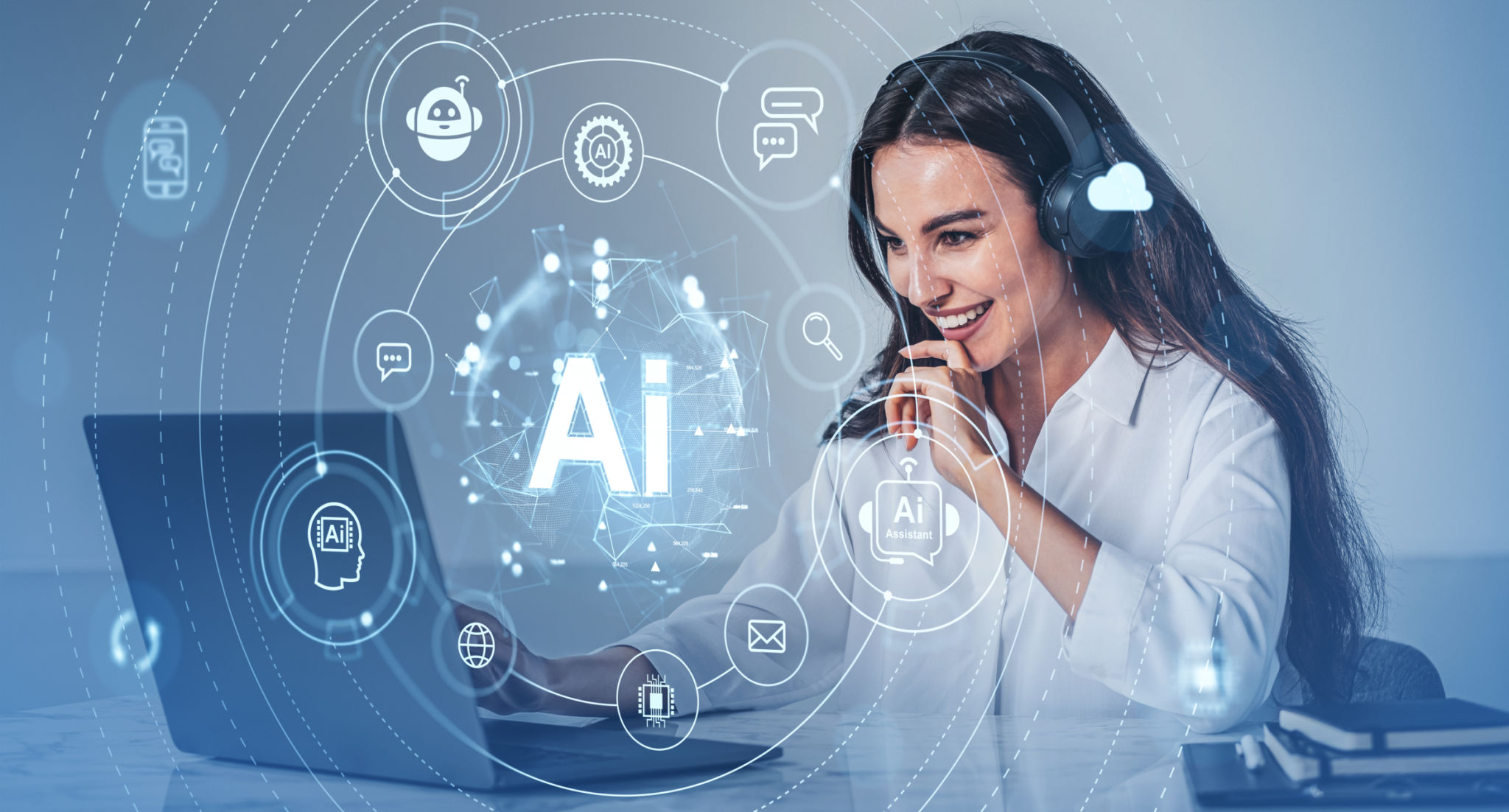The Rise of AI in Digital Marketing: A Practical Guide for B2B & B2C Businesses
The Rise of AI in Digital Marketing
In the rapidly evolving landscape of digital marketing, Artificial Intelligence (AI) is no longer a futuristic concept but a present-day imperative. From automating mundane tasks to delivering hyper-personalized customer experiences, AI is reshaping how businesses connect with their audiences. For both B2B and B2C enterprises, understanding and leveraging AI in marketing is crucial for staying competitive and driving significant growth. This comprehensive guide will delve into the practical applications of AI, offering insights and strategies for integrating AI into your digital marketing efforts.
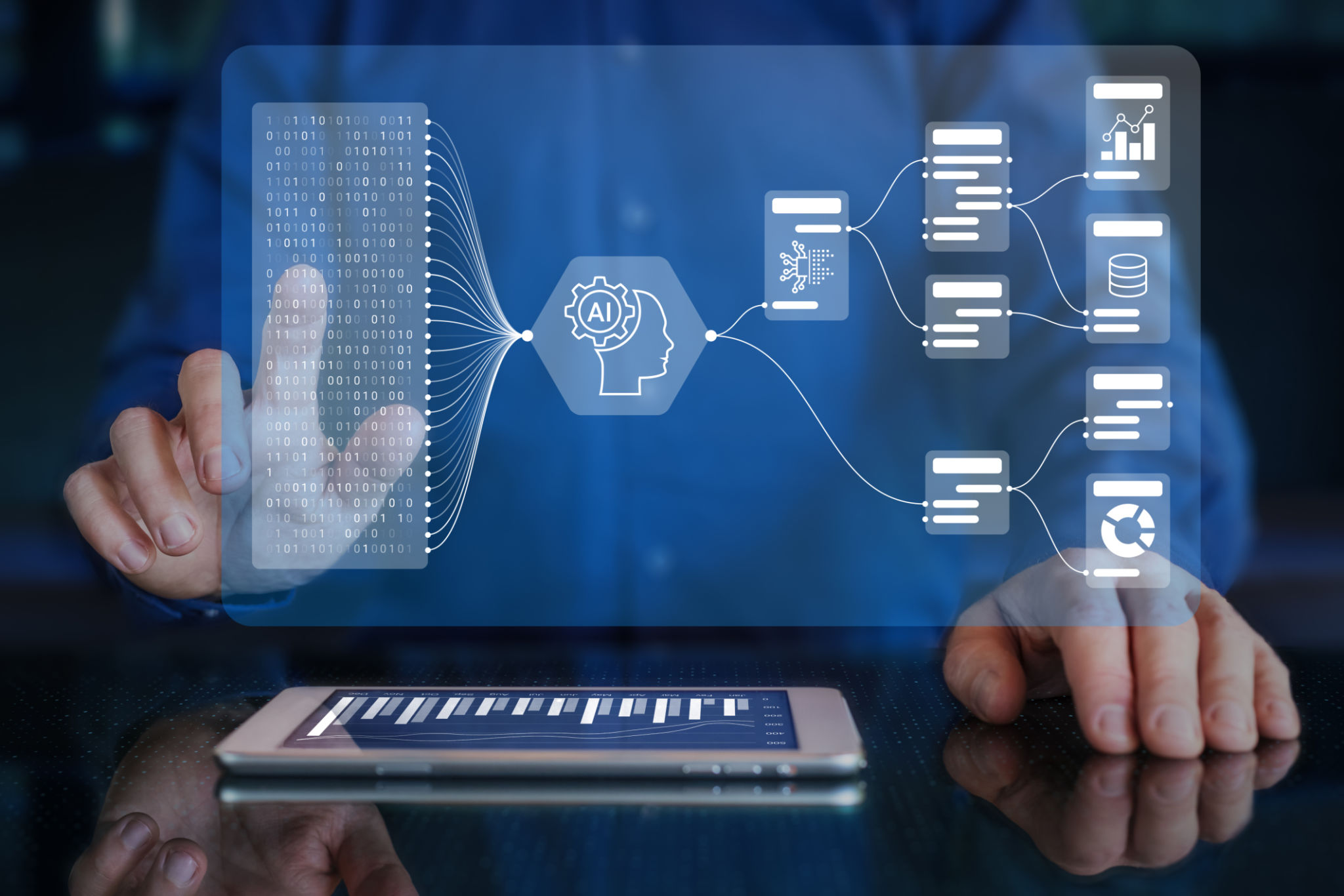
The Transformative Power of AI in Modern Marketing
AI's impact on digital marketing is multifaceted, touching nearly every aspect of the customer journey. At its core, AI enables marketers to process vast amounts of data at unprecedented speeds, uncover hidden patterns, and make data-driven decisions that were once impossible. This capability translates into more efficient campaigns, higher conversion rates, and a deeper understanding of customer behavior. For B2B companies, AI can streamline lead generation, enhance account-based marketing (ABM) strategies, and optimize sales funnels. For B2C brands, AI fuels personalized recommendations, improves customer service through chatbots, and refines advertising targeting.
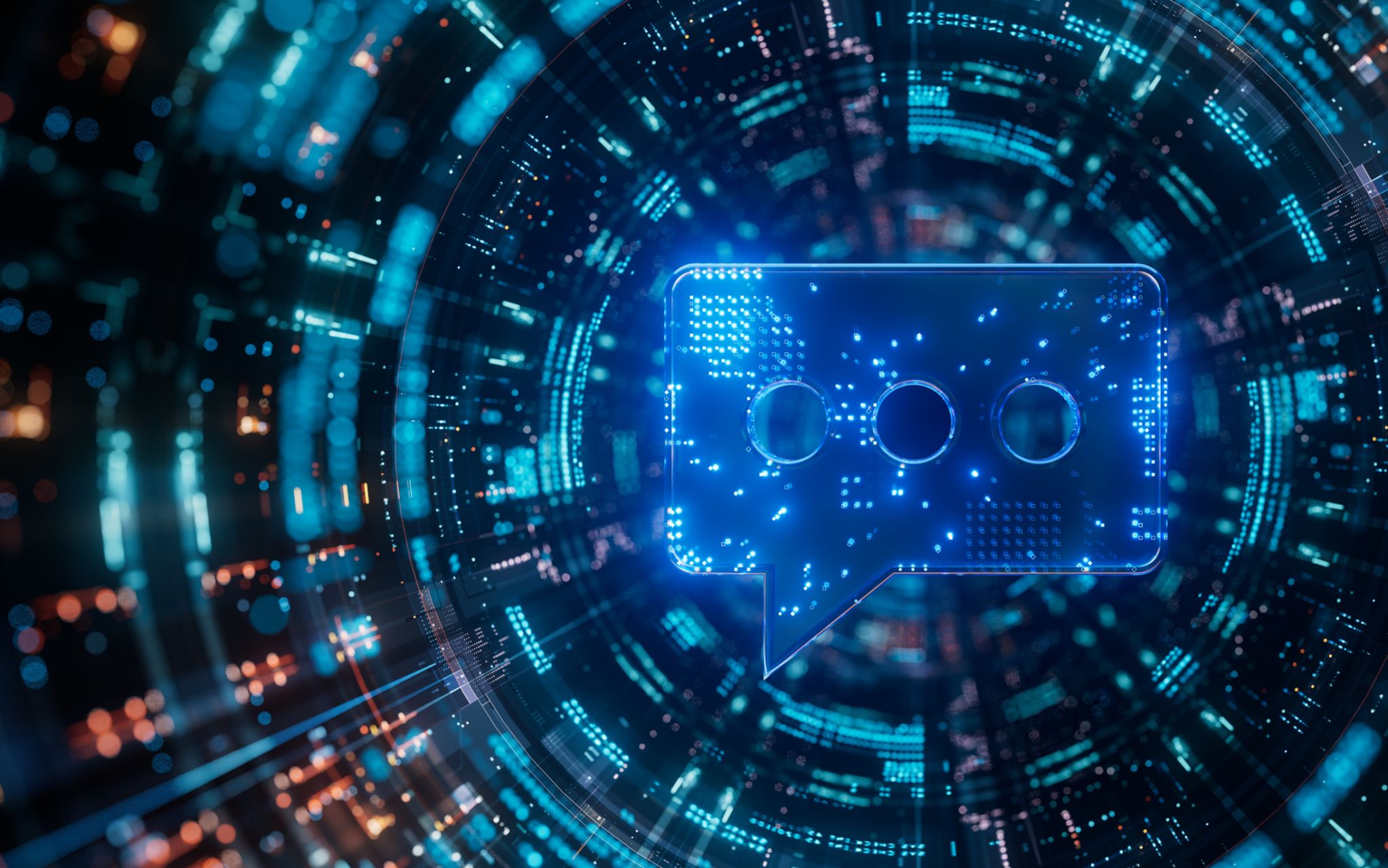
AI-Powered Personalization: Delivering Tailored Experiences at Scale
One of the most significant contributions of AI to digital marketing is its ability to facilitate personalization at scale. In an era where consumers expect bespoke experiences, generic marketing messages fall flat. AI algorithms analyze individual customer data including browsing history, purchase patterns, demographic information, and real-time behavior to create highly relevant content, product recommendations, and offers. This level of personalization not only enhances the customer experience but also significantly boosts engagement and conversion rates.
For B2C businesses, AI-powered personalization manifests in dynamic website content, personalized email campaigns, and targeted social media ads. Imagine an e-commerce site that instantly rearranges its homepage to highlight products a visitor is most likely to buy, or an email campaign that sends a discount on an item a customer abandoned in their cart. These are not just theoretical applications; they are being implemented today, leading to substantial improvements in customer loyalty and sales.
In the B2B realm, personalization takes on a different but equally critical role. AI helps identify key decision-makers within target accounts, predict their needs, and tailor sales and marketing collateral to address specific pain points. This can involve AI-driven content recommendations for prospects visiting a corporate website, or personalized outreach sequences in an account-based marketing strategy. By understanding the unique challenges and goals of each business client, B2B marketers can build stronger relationships and accelerate the sales cycle.
Automating for Efficiency: Streamlining Marketing Operations with AI
Beyond personalization, AI excels at automating repetitive and time-consuming marketing tasks, freeing up human marketers to focus on strategic initiatives and creative endeavors. This automation extends to various areas, including:
Content Curation and Generation: AI tools can assist in generating initial drafts of blog posts, social media updates, email subject lines, and ad copy. While human oversight remains essential for quality and brand voice, AI significantly speeds up the content creation process. Furthermore, AI can curate relevant content from across the web to keep audiences engaged.
Ad Campaign Optimization: AI algorithms continuously monitor the performance of digital ad campaigns across platforms like Google Ads and social media. They can automatically adjust bidding strategies, target audiences, ad placements, and even ad creatives in real-time to maximize ROI. This level of optimization is virtually impossible for humans to achieve manually.
Email Marketing Automation: AI enhances email marketing by segmenting audiences more precisely, optimizing send times, and personalizing email content based on user behavior. It can also automate follow-up sequences and re-engagement campaigns, ensuring timely and relevant communication.
Chatbots and Customer Service: AI-powered chatbots provide instant customer support, answer frequently asked questions, and even guide users through sales processes. This not only improves customer satisfaction by offering 24/7 assistance but also reduces the workload on human customer service teams.
For B2B companies, marketing automation powered by AI can manage lead nurturing workflows, automate CRM updates, and personalize communication at every stage of the buyer's journey. For B2C, it means seamless customer interactions, faster problem resolution, and consistent brand messaging across all touchpoints.
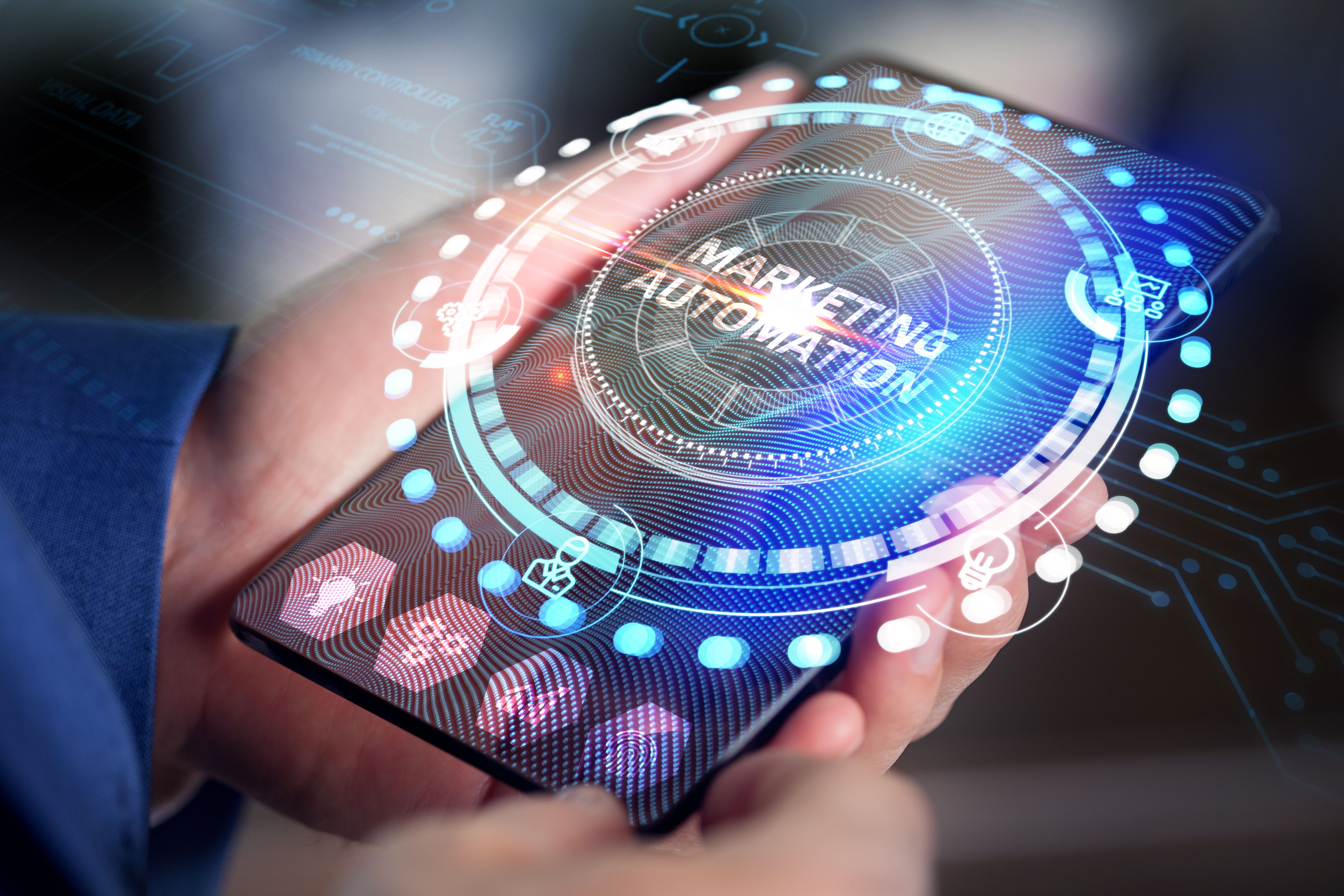
AI's Impact on Data Analysis and Predictive Analytics
At the heart of AI's power in digital marketing is its unparalleled ability to analyze vast datasets. Traditional analytics tools provide historical insights, but AI takes it a step further by offering predictive capabilities. By identifying complex patterns and correlations in data, AI can forecast future trends, predict customer behavior, and anticipate market shifts.
With AI, personalization can be achieved at scale. Algorithms can analyze user behavior and preferences across multiple channels, allowing for the creation of highly customized content that resonates with individual consumers. This level of personalization increases engagement rates and encourages brand loyalty.
By delivering the right message to the right audience at the right time, businesses can foster deeper connections with their customers and stand out in a crowded marketplace.
Predictive Analytics for Smarter Decision-Making
Predictive analytics, driven by AI, allows marketers to move from reactive to proactive strategies. For example:
Customer Churn Prediction: AI models can identify customers who are at risk of churning, enabling businesses to intervene with targeted retention strategies before it's too late.
Sales Forecasting: By analyzing historical sales data, market trends, and external factors, AI can provide more accurate sales forecasts, helping businesses optimize inventory, resource allocation, and marketing spend.
Lead Scoring and Prioritization: In B2B sales, AI can assign scores to leads based on their likelihood to convert, allowing sales teams to prioritize their efforts on the most promising prospects. This significantly improves sales efficiency and conversion rates.
Content Performance Prediction: AI can analyze past content performance and predict which types of content are most likely to resonate with specific audience segments, guiding content strategy and creation.
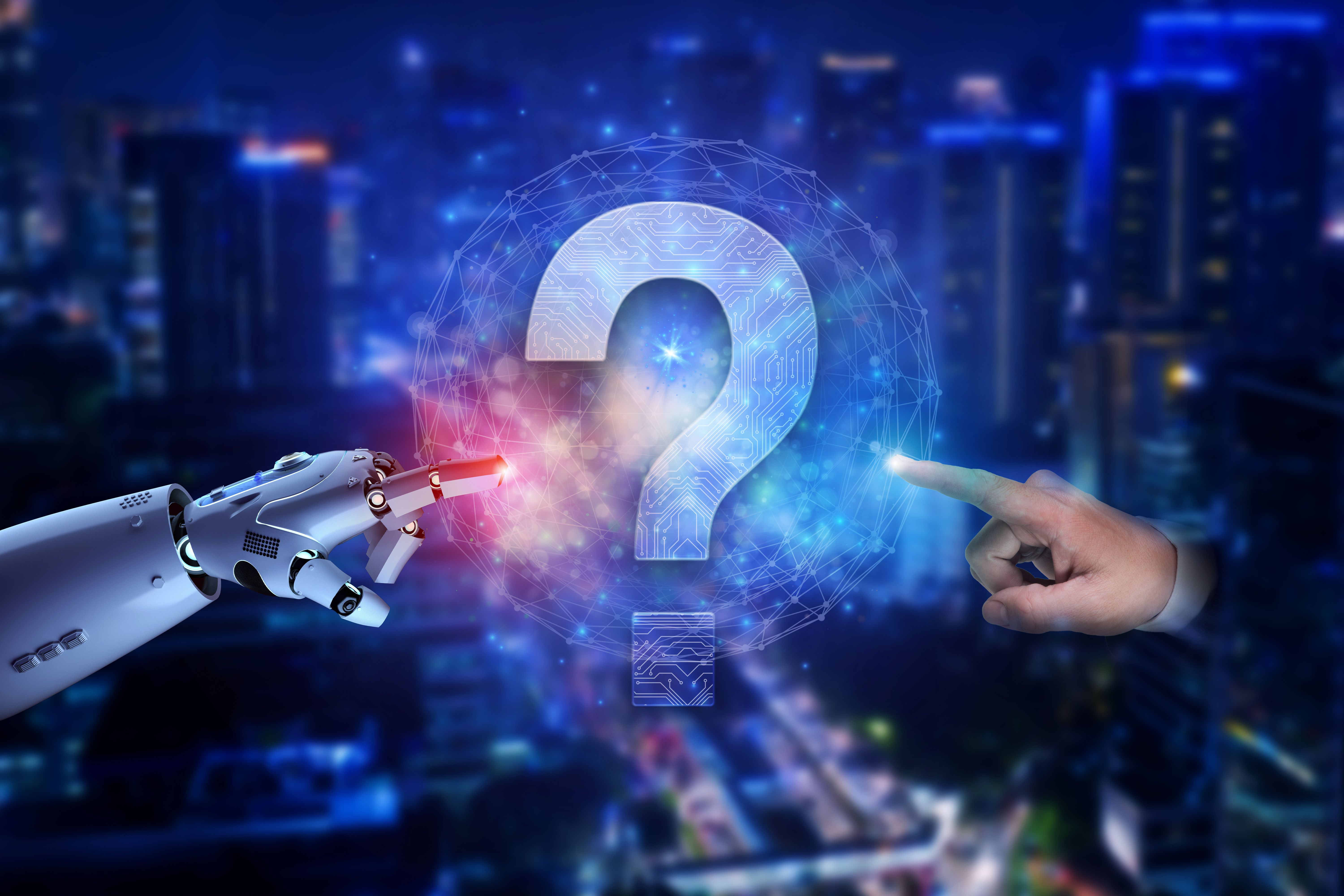
Integrating AI into Your Digital Marketing Strategy
Integrating AI into your digital marketing strategy is not a one-time project but an ongoing evolution. It requires a clear understanding of your business objectives, a willingness to experiment, and a commitment to continuous learning. Here are key steps to effectively leverage AI:
1. Define Your Goals: Before implementing any AI solution, clearly define what you aim to achieve. Are you looking to improve lead quality, increase conversion rates, enhance customer retention, or optimize ad spend? Specific goals will guide your AI adoption.
2. Start Small, Scale Gradually: You don't need to overhaul your entire marketing operation with AI overnight. Begin with pilot projects in specific areas, such as automating email personalization or optimizing a single ad campaign. Learn from these initial efforts and gradually expand your AI initiatives.
3. Invest in Data Infrastructure: AI thrives on data. Ensure your data collection, storage, and management systems are robust and integrated. Clean, well-organized data is the foundation for effective AI applications.
4. Choose the Right Tools: The market is flooded with AI-powered marketing tools. Research and select solutions that align with your specific needs, budget, and existing technology stack. Consider tools for AI content generation, predictive analytics, chatbot development, and ad optimization.
5. Train Your Team: AI is a tool, not a replacement for human marketers. Invest in training your team to understand AI capabilities, interpret AI-generated insights, and work collaboratively with AI tools. The most successful AI implementations involve a synergistic relationship between human expertise and machine intelligence.
6. Monitor and Iterate: AI models require continuous monitoring and refinement. Track key performance indicators (KPIs), analyze results, and iterate on your AI strategies. The digital landscape is constantly changing, and your AI approach should adapt accordingly.
Conclusion
Artificial Intelligence is revolutionizing digital marketing, offering unprecedented opportunities for B2B and B2C businesses to achieve their marketing objectives more effectively and efficiently. By embracing AI-powered personalization, automation, and predictive analytics, marketers can unlock new levels of insight, deliver superior customer experiences, and drive sustainable growth. The time to integrate AI into your digital marketing strategy is now, positioning your business at the forefront of innovation and success in the digital age.
